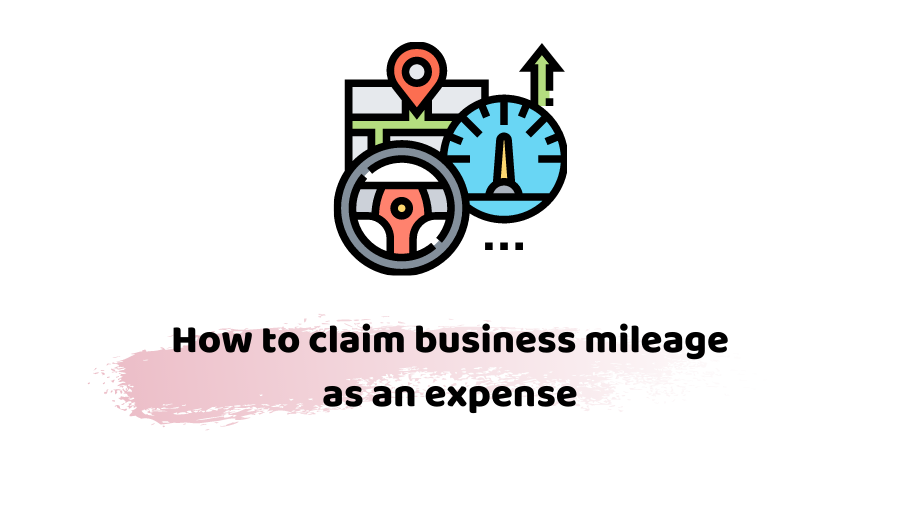Contrary to personal commuting, business mileage means traveling through a business or personal vehicle as a part of the job. According to the UK tax law, an employee can ask for the payments to their employer against expenses incurred on using a vehicle for business purposes. It also includes the fuel cost paid by an employee. The employer can claim this cost as expenses against corporation tax. In this short blog, we’re going to find out how to claim business mileage as an expense.
Need affordable accounting and bookkeeping services, choose Accotax!
What Comes Under Business Mileage:
Business mileage includes mileage covered for:
- Order delivery for business
- Carrying Goods for business
- Business trips to partners and clients
- Traveling to a temporary business location
Remember that your work location would not be considered temporary as per the 24-month rule. If you travel for more than two years to the same temporary workplace, it’d be considered permanent. Moreover, it will be considered permanent if you spend 40% of your time in that place during working weeks.
Business Mileage – Rates:
Business mileage rates are applied on the basis of your vehicle type and travel distance in a tax year. The mileage allowance for a car or van is the same. It is 45p per mile aginst the first 10,000 miles and 25p per mile for extra miles. Hybrid cars or vans are treated as normal vehicles. This rate is £0.04 per mile for electric vehicles. For motorcycles and bicycles, the rate differs to 24p per mile and 20p per mile, respectively.
In addition, if you are traveling with a co-owner in your own car or van for business purposes, you can claim an extra £0.05 per mile tax-free for each passenger.
These rates vary depending on your vehicle’s engine size and fuel consumption. And these rates may change frequently, therefore you need to have a look at the Advisory fuel rates table. Remember that the previous allowance rate remains valid for only one month after the change in rate.
Need support on business mileage rates, contact our accountants right now!
How to Claim Business Mileage Allowances being Sole Trader?
For a sole trader, there are two ways to claim business mileage allowance:
- Subtract your personal mileage from the total distance you drove
- Use simplified expense method – calculate it like employee claiming for the use of personal car
Example #1:
Josh spent £2200 as fuel expense for his car. He used 300 miles for business reasons and 700 miles for personal use. You can easily calculate it as: 300/700=0.428, then multiply it with total fuel cost 0.428 * £2200= £943.8 he can claim a mileage allowance.
Example #2:
If he drives 11,000 miles in a year. He can claim £4,750 (10,000 x £0.45 + 1,000 x £0.25 = £4,750).
Records Required for Business Mileage:
HMRC will inspect the entire travel process and expense during their audit. They may also reject your claim if you lack solid evidence. So you need to maintain the following records:
- Records showing trip’s dates and time
- Start and end locations
- Drove Miles
- Trip’s purpose
- The amount you are claiming
To avoid miscalculations and unwanted fines, HMRC recommends you store these records for five years.
Quick Sum Up:
We hope that now you got to know: How to Claim Business Mileage as an expense. To calculate your business mileage, you can use a specialized GPS device to track the record of your business mileage. Moreover, you can use various mobile applications to track your business mileage as a proven record to claim your mileage expense from HMRC.
Keeping up a business without managing its finances is never easy. Accotax is helping businesses to meet their accounting and bookkeeping needs. So why not you!
Contact our certified chartered accountants in London for the financial well-being of your business.
Disclaimer: This blog provides basic information on claiming business mileage as an expense.





















































